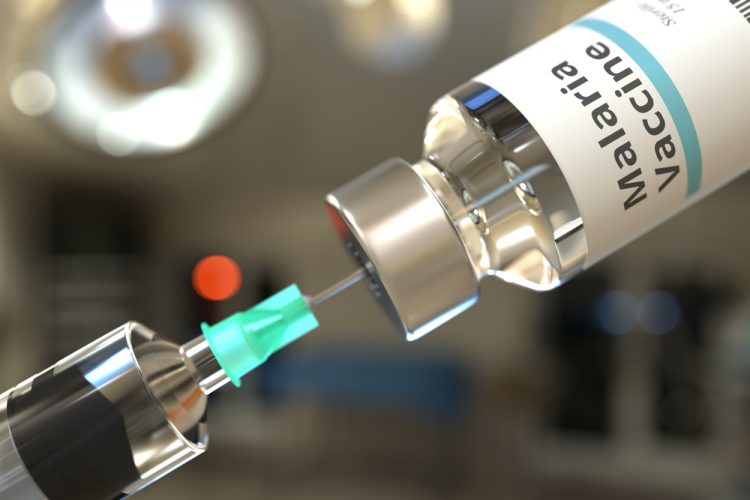UNICEF signs first ever malaria vaccine supply contract with GSK
Posted: 22 August 2022 | Hannah Balfour (European Pharmaceutical Review) | No comments yet
Securing 18 million doses of GSK’s RTS,S malaria vaccine, UNICEF calls the contract a major breakthrough for child health.


UNICEF has awarded GSK the first ever contract for the supply of a malaria vaccine. Under the $170 million (€167.4 million) contract, GSK will deliver 18 million doses of RTS,S/AS01 (RTS,S) over the next three years. According to UNICEF, nearly half a million children died from malaria in Africa in 2020, at a rate of one child death per minute, so the supply contact could save thousands of lives every year.
“This vaccine rollout gives a clear message to malaria vaccine developers to continue their work because malaria vaccines are needed and wanted,” commented Etleva Kadilli, Director of UNICEF’s Supply Division. “We hope this is just the beginning. Continued innovation is needed to develop new and next-generation vaccines to increase available supply – and enable a healthier vaccine market. This is a giant step forward in our collective efforts to save children’s lives and reduce the burden of malaria as part of wider malaria prevention and control programmes.”
The RTS,S malaria vaccine is the result of 35 years of R&D and is the first-ever vaccine against a parasitic disease. The vaccine acts against Plasmodium falciparum, the most deadly malaria parasite globally and the most prevalent in Africa.
In 2019, pilot routine vaccine use was launched in three countries – Ghana, Kenya and Malawi – as part of the Malaria Vaccine Implementation Programme co-ordinated by the World Health Organization (WHO). The experience and evidence generated by the pilots informed WHO’s recommendation in October 2021 for widespread use of the first malaria vaccine in 30 plus countries with moderate to high P. falciparum malaria transmission. In December 2021, Gavi – the Vaccine Alliance decided to provide funding for malaria vaccine programmes in eligible countries, opening the pathway for broader roll-out of the vaccine.
“We recently opened the first application window for Gavi support in rolling out the malaria vaccine,” noted Dr Seth Berkley, CEO of Gavi. “Thanks to UNICEF’s procurement work, we now have more certainty on supply and can move a step further towards getting this life-saving vaccine to the people who need it the most. As manufacturing ramps up over time, we hope that increasing volumes will also lead to more sustainable, lower prices.”
The award is the culmination of 18 months of intensive preparation and consultation with industry and partners.
Demand for the malaria vaccine is expected to be high among affected countries. As with any new vaccine, supply will be limited at first and will increase over time as manufacturing capacity ramps up to the required level. As volumes increase, costs per dose should decrease. Plans are already underway to boost production, including through technology transfer, so that every child at risk will one day have the opportunity to be immunised against malaria.
“We must not lose sight of the need to accelerate access to this and future malaria vaccines, and to make the necessary investments in malaria control and immunisation services, as well as in research and development,” explained Dr Ashley Birkett, Global Head of Malaria Vaccines & Biologics at PATH Center for Vaccine Innovation and Access (CVIA). “Effective malaria and immunisation programs are both key to the successful delivery of a malaria vaccine and contribute to stronger health systems overall.”
UNICEF said it supports the regional diversification of vaccine production and is encouraging GSK and other pipeline manufacturers to consider partnering with companies in Africa as part of this effort.
Related topics
Biologics, Drug Manufacturing, Drug Markets, Drug Supply Chain, Immunisation, Vaccines, Viruses
Related organisations
GSK, PATH Center for Vaccine Innovation and Access (CVIA), The World Health Organization (WHO), UNICEF








